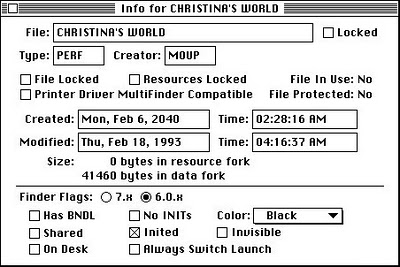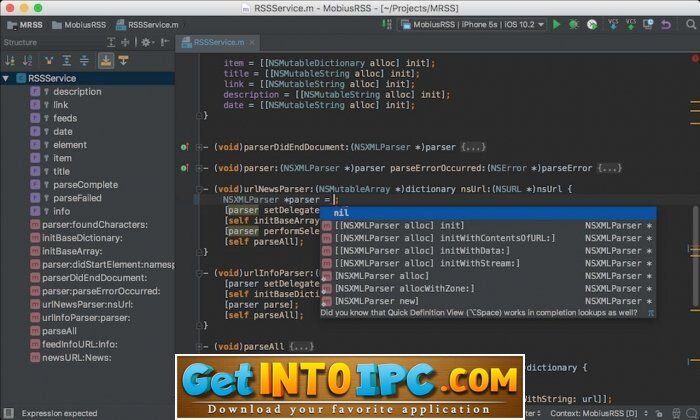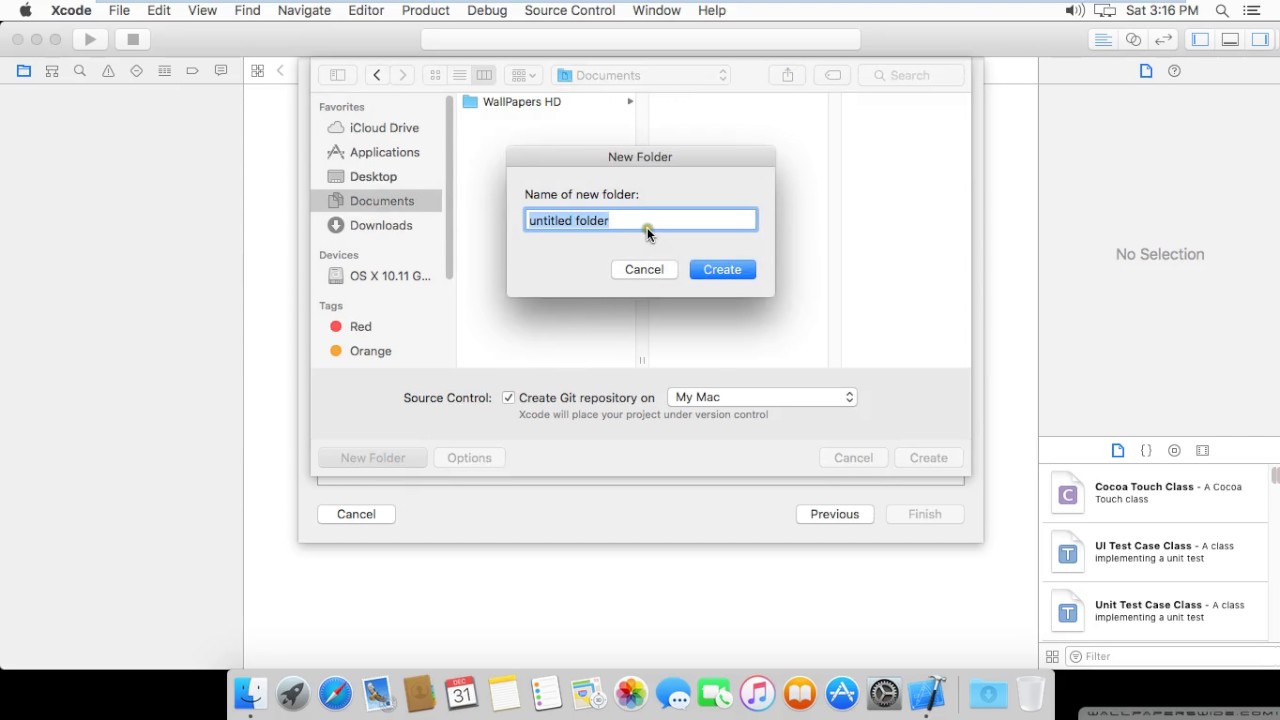

- #MAC XCODES FREE INSTALL#
- #MAC XCODES FREE 64 BIT#
- #MAC XCODES FREE MANUAL#
- #MAC XCODES FREE FULL#
- #MAC XCODES FREE CODE#
#MAC XCODES FREE INSTALL#
As these installation packages are not approved by Apple, you need to hold down the Control key, click the package and choose Open and confirm you want to install from an Unknown Developer. These installation packages are built by the FPC/Lazarus developers and track formal releases.
#MAC XCODES FREE 64 BIT#
The fact that Apple has completely dropped all 32 bit support from macOS 10.15 Catalina (released in October 2019) is another reason to choose the 64 bit packages.

Every Mac computer since late 2006 has been 64 bit capable. The vast majority of Mac users should now choose the 64 bit packages in the Lazarus macOS x86-64 directory. Choose the correct version of your operating system.When you arrive at the Lazarus IDE file area: If you are installing a version of FPC earlier than 3.2.2, then please refer to these instructions for building a native Apple Silicon Free Pascal Compiler after installing the 64 bit Intel binary and source packages for FPC.ĭownload and install the official FPC binaries package and the separate FPC source package from the Lazarus IDE file area. Note: For Apple Silicon/AArch64/M1 installations, if you are installing FPC 3.2.2 (Lazarus 2.2RCx or 2.2.0 or later) you don't need to compile a native Apple Silicon version of FPC because FPC 3.2.2 for macOS is a universal binary containing both Intel and aarch64 executables. So I moved mine and then told xcode-select where it was moved to (in a terminal). Other users will see the path to it but be unable to use it. You may be happy with it there but maybe not. It is unarchived into your Downloads directory. Download the Xcode file, it will end up in your Downloads directory as a zip file. The Xcode developer tools can be installed from the original macOS installation disks or a newer copy downloaded from the Apple Developer Connection (ADC), which requires free registration.
#MAC XCODES FREE MANUAL#
Open an Applications > Utilities > Terminal and type man xcode-select for this utility's manual page. You can then select which version of Xcode to use with the command line utility xcode-select. Note that you must first move any old Xcode versions from the Applications folder into the trash or rename the Xcode app (eg Xcode.app to Xcode_1014.app). Xcode 12.4.x for use on macOS 10.15 Catalina and later versions can be installed from the Mac App store. Xcode 11.3.1 for use on macOS 10.14 Mojave must now be installed by downloading it from Apple Developer Connection (ADC), which requires free registration.
#MAC XCODES FREE FULL#
You only need to download and install the full Xcode development environment if you need: Xcode is a 12GB download which will take up 16GB of disk space. Carbon was intentionally limited to 32 bits by Apple and you should be aware that it and the ability to run 32 bit executables have been removed completely from macOS 10.15 Catalina and later versions which now only support 64 bit executables using Cocoa. While Carbon was once seen as a little more stable, with the release Lazarus 2.0.8 the 64 bit Cocoa Widget Set has now surpassed Carbon and should be considered seriously for any new projects. In general, this is about using both the Carbon and Cocoa Widget Sets. You can assist by replacing out of date information, either deleting it, or, if it may help someone working with a legacy project, moving it to the legacy information page. On the Legacy Information page, you will see older information that may be relevant if you are using older components. The detailed instructions assume a recent version of macOS on your Mac, a recent version of Xcode and/or Xcode command line tools from Apple and a recent version of Lazarus.

4.1.2 Updating Lazarus Fixes 2.2 source.4.1.1 Downloading Lazarus Fixes 2.2 source.4 Installing non-release versions of the Lazarus IDE.

#MAC XCODES FREE CODE#


 0 kommentar(er)
0 kommentar(er)
